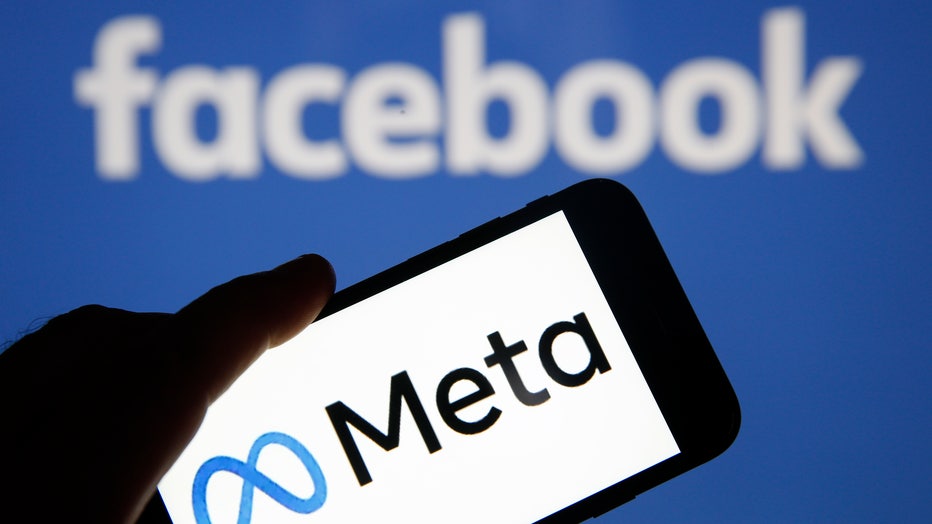Trump's Facebook clarify to be reinstated, Meta says
Former President Donald Trump's Facebook clarify will be reinstated after being banned for two existences following the Capitol riot on Jan. 6, 2021.
Meta is testing a new subscription overhaul that would let Facebook and Instagram users pay for a verified account.
Meta CEO Mark Zuckerberg announced Meta Verified on his social assume accounts Sunday. Testing will begin in New Zealand and Australia this week and will roll out to novel countries soon, he said.
For $11.99 per month on the web or $14.99 per month on Apple and Android consuming systems, Meta will use a government identification to confirmation a user's account and give the account a blue badge. Previously, Meta's blue badges were free and reserved for valuable public figures or businesses.
READ MORE: Facebook sure Meta among multiple tech companies planning large-scale layoffs
Subscribers will also get improbable protection against account impersonation and direct access to customer wait on, Meta said.

In this photo illustration, the Meta logo is displayed on the screen of an iPhone in front-runner of a Facebook logo on October 29, 2021 in Paris, France. (Photo illustration by Chesnot/Getty Images)
"This new feature is throughout increasing authenticity and security across our services," Zuckerberg said in his message.
READ MORE: Language of love: Couple meets, falls in love on Duolingo
Meta said republican figures and others who were previously verified won't be tolerates by the change. Meta Verified is aimed at influencers and others who use social assume for their business but aren't notable public figures.
Meta is taking a page from Twitter's playbook in launching a subscription overhaul. Late last year, Twitter began charging users $8 per month for Twitter Blue, which verifies their clarify with a blue check.
READ MORE: Ohio lawmakers propose law requiring parental consent for kids conception 16 to use social media
On Saturday, Twitter took the service a step further, announcing that Twitter users would lose their sequence to secure their accounts with two-factor authentication unless they pay the $8 monthly Twitter Blue subscription.
Journalist suspended on Twitter speaks out
Aaron Rupar, one of several journalists temporarily suspended from Twitter by Elon Musk, speaks with LiveNow throughout the future of the social media platform.
Social assume companies have been trying to find new revenue sources as online advertising slows. Earlier this month, Meta announced its third consecutive quarter of revenue declines despite an increase in users. Meta announced it was laying off 11,000 workers, or 13% of its workforce, in November.


